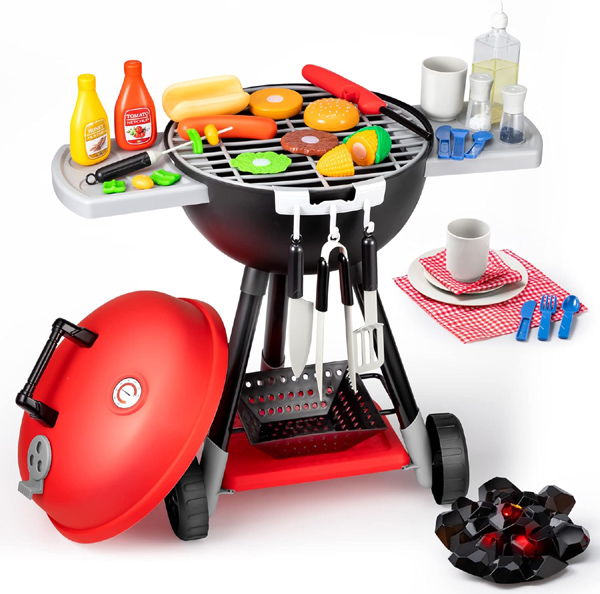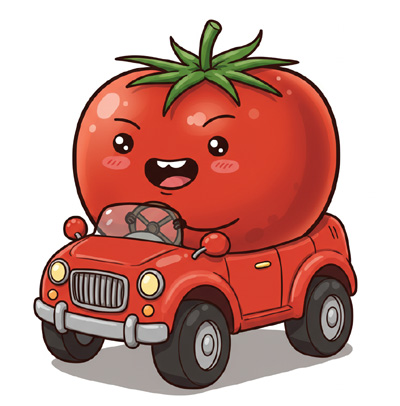Table of Contents
As a professional who thrives on understanding diverse needs and delivering optimal solutions, I’ve seen firsthand how problem-solving and customer satisfaction are key in the real world. And guess what? Our little ones are learning these very skills, and so much more, right in their play kitchens!
Kitchen toys, from elaborate play kitchens to simple sets of plastic fruit and tiny pots, are far more than just cute diversions. They are powerful tools for child development, serving up a feast of benefits that prepare our children for a lifetime of learning and interaction.

The Secret Ingredients of Kitchen Play:
- Imagination & Creativity on a Plate: When children don their imaginary chef hats, they’re not just stirring air in a plastic pot. They’re concocting elaborate feasts, running bustling restaurants, and experimenting with fantastical recipes. This open-ended play sparks incredible creativity, allowing them to invent stories, scenarios, and characters, all while “cooking” up a storm. It’s a fantastic exercise in “thinking outside the box”!
- A Dash of Language Development: Pretend play in the kitchen naturally encourages communication. Children use new vocabulary related to food, utensils, and cooking actions. They practice sentence construction as they describe their culinary creations, take “orders” from “customers,” and engage in conversations with their playmates. It’s a delicious way to build strong language skills!
- Sifting Through Social Skills: Play kitchens are often hubs of social interaction. Sharing ingredients, taking turns with utensils, negotiating roles (who’s the chef, who’s the server?), and collaborating on a “meal” all foster crucial social skills like cooperation, empathy, and conflict resolution. They’re learning about teamwork and the dynamics of social situations in a fun, low-stakes environment.
- Measuring Up Math Skills: Believe it or not, kitchen play is packed with early math concepts! Children naturally engage in counting (how many carrots?), measuring (how much “flour”?), and dividing portions. These activities lay the groundwork for understanding quantities, fractions, and basic arithmetic in a tangible, engaging way.
- Whipping Up Fine Motor Skills: The intricate movements involved in play kitchen activities are fantastic for developing fine motor skills and hand-eye coordination. Grasping tiny utensils, pouring “ingredients,” stirring, and “slicing” play food all refine dexterity and muscle control – essential skills for everything from writing to tying shoelaces.
- Real-Life Skills, Served Hot: Mimicking real-life tasks like preparing food, setting the table, and even “cleaning up” helps children understand roles and responsibilities. They begin to grasp the sequence of events in meal preparation and develop a sense of independence and accomplishment. Some modern play kitchens even feature working sinks, taking this practical life skill development to the next level!

Types of Kitchen Toys to Consider:
- Full Play Kitchens: These can range from compact wooden sets to elaborate plastic models with lights and sounds. They often include a stove, oven, sink, and storage, providing a complete immersive experience.
- Play Food Sets: From colorful fruits and vegetables (often with Velcro for “cutting”) to miniature pizzas and pastries, play food allows for endless creative culinary combinations.
- Utensil Sets & Cookware: Tiny pots, pans, spatulas, ladles, and even child-safe knives for cutting play food enhance the realism and encourage specific motor skills.
- Specialty Sets: Think coffee makers, toasters, blenders, or even ice cream stands, adding more variety and specific role-playing opportunities.
- Mud Kitchens: For outdoor adventures, mud kitchens offer a sensory-rich experience, letting children connect with nature while “cooking” with natural elements.
As a parent or caregiver, observing your child in their play kitchen is a joy. You’ll witness their creativity blossom, their language skills expand, and their understanding of the world deepen. So, go ahead, encourage that imaginative play! You’re not just buying a toy; you’re investing in a recipe for their holistic development.
